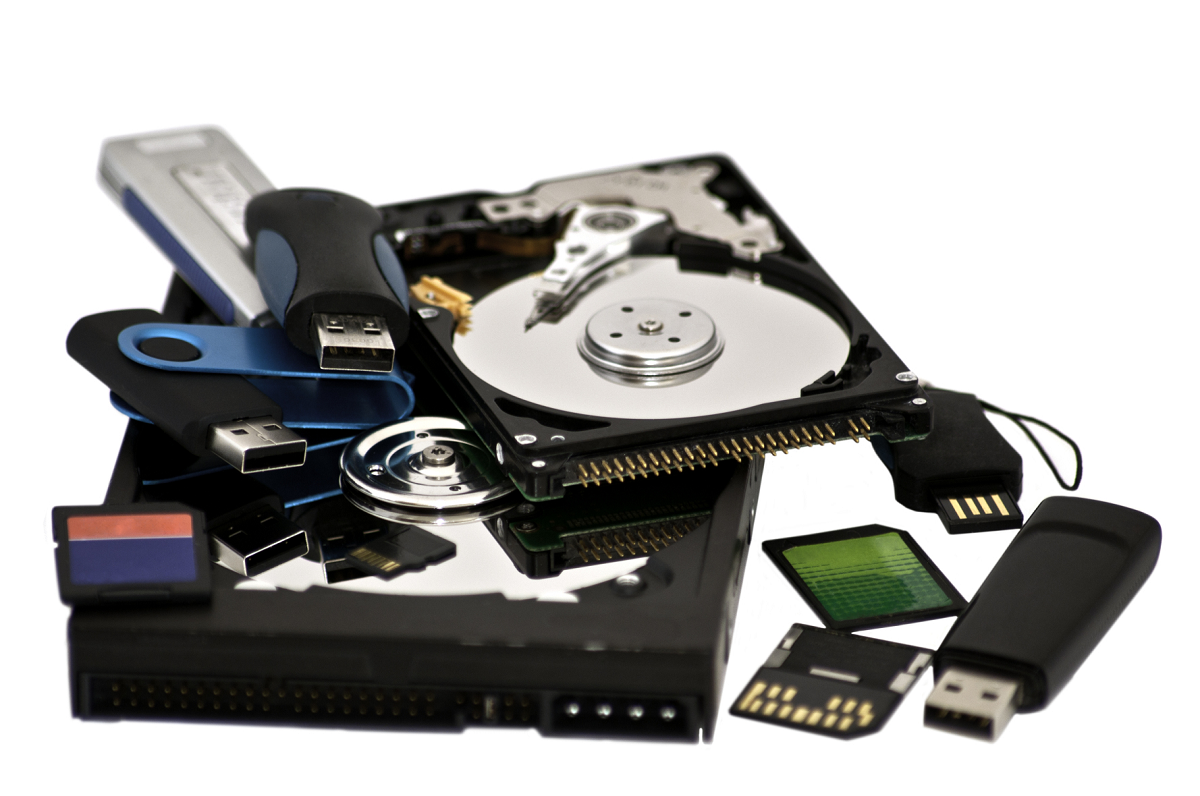Building a career in digital forensics requires a blend of technical skills, analytical thinking, and a solid educational foundation. Digital forensics, a field at the intersection of technology and law enforcement, involves the recovery and investigation of material found in digital devices, often in relation to cybercrime. As technology continues to evolve, the demand for skilled digital forensics professionals has grown, making it a promising career path for those with the right qualifications and expertise.
Educational Background and Certifications
To begin a career in digital forensics, obtaining a relevant educational background is essential. Most professionals start with a bachelor’s degree in computer science, information technology, or cybersecurity. These programs provide a broad understanding of computer systems, networks, and security protocols, all of which are foundational to digital forensics work. Advanced degrees, such as a master’s in digital forensics or cybersecurity, can further enhance one’s knowledge and job prospects. In addition to formal education, certifications play a crucial role in establishing credibility and expertise in the field. Popular certifications include the Certified Computer Examiner CCE, Certified Forensic Computer Examiner CFCE, and GIAC Certified Forensic Analyst GCFA. These certifications, often requiring rigorous exams and practical assessments, demonstrate a candidate’s proficiency and commitment to maintaining high standards in digital forensics.

Technical Skills and Tools
Digital forensics professionals must possess a strong set of technical skills. Proficiency in various operating systems, including Windows, macOS, and Linux, is vital, as investigations can involve any of these platforms. Knowledge of networking fundamentals is also important, as understanding how data travels across networks aids in tracking and analyzing digital evidence. Familiarity with forensic tools and software is another key requirement. Tools like EnCase, FTK Forensic Toolkit, and Autopsy are commonly used in the industry to perform tasks such as data recovery, analysis, and reporting. These tools help professionals to extract and preserve digital evidence in a manner that maintains its integrity for use in legal proceedings.
Analytical and Problem-Solving Abilities
Beyond technical skills, strong analytical and problem-solving abilities are essential in digital forensics. Professionals must be able to think critically and methodically to reconstruct digital events, identify anomalies, and interpret data accurately. Attention to detail is crucial, as even small pieces of information can be significant in an investigation.
Legal and Ethical Knowledge
An understanding of legal and ethical considerations is fundamental in Cyber News. Professionals must be well-versed in laws related to cybercrime, data protection, and privacy. This knowledge ensures that investigations are conducted legally and ethically, with evidence collected and handled in a way that is admissible in court. Ethical standards, such as those outlined by organizations like the International Society of Forensic Computer Examiners ISFCE, provide guidance on maintaining integrity and professionalism in the field.
In summary, building a career in digital forensics involves acquiring a robust educational background, obtaining relevant certifications, developing technical and analytical skills, understanding legal and ethical frameworks, and honing communication abilities. With these qualifications, individuals can position themselves for success in this challenging and rewarding field.